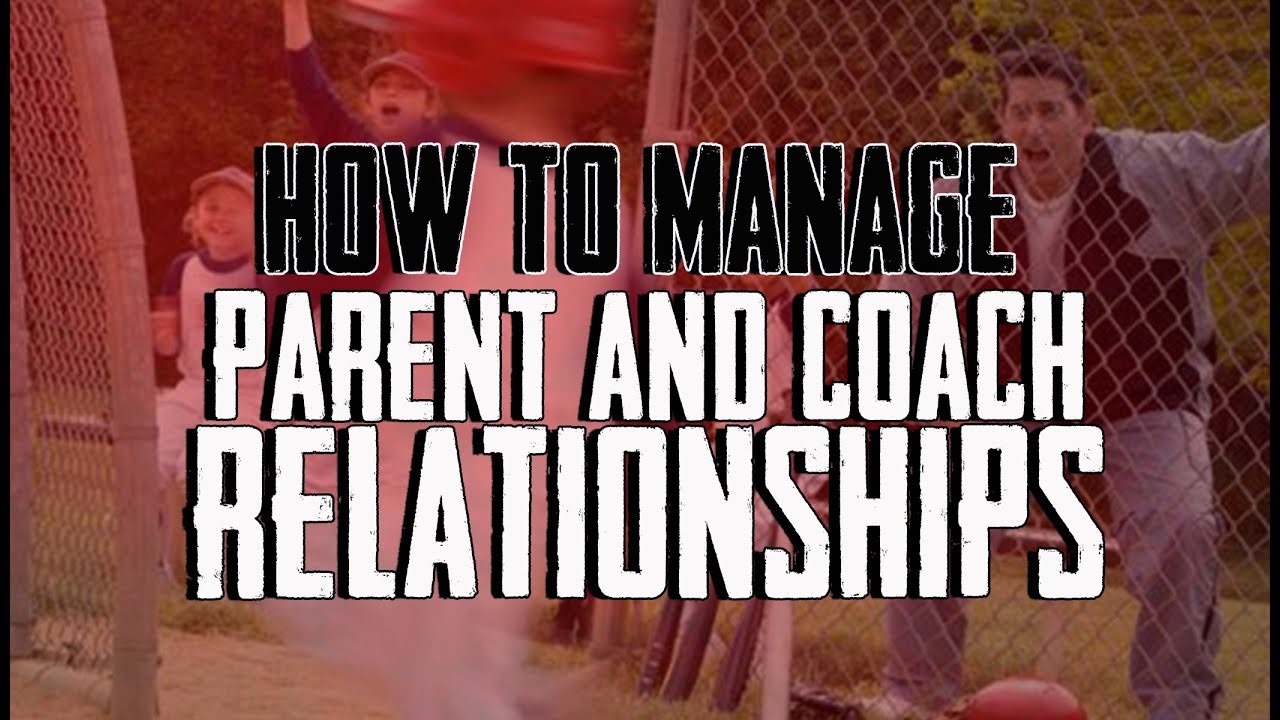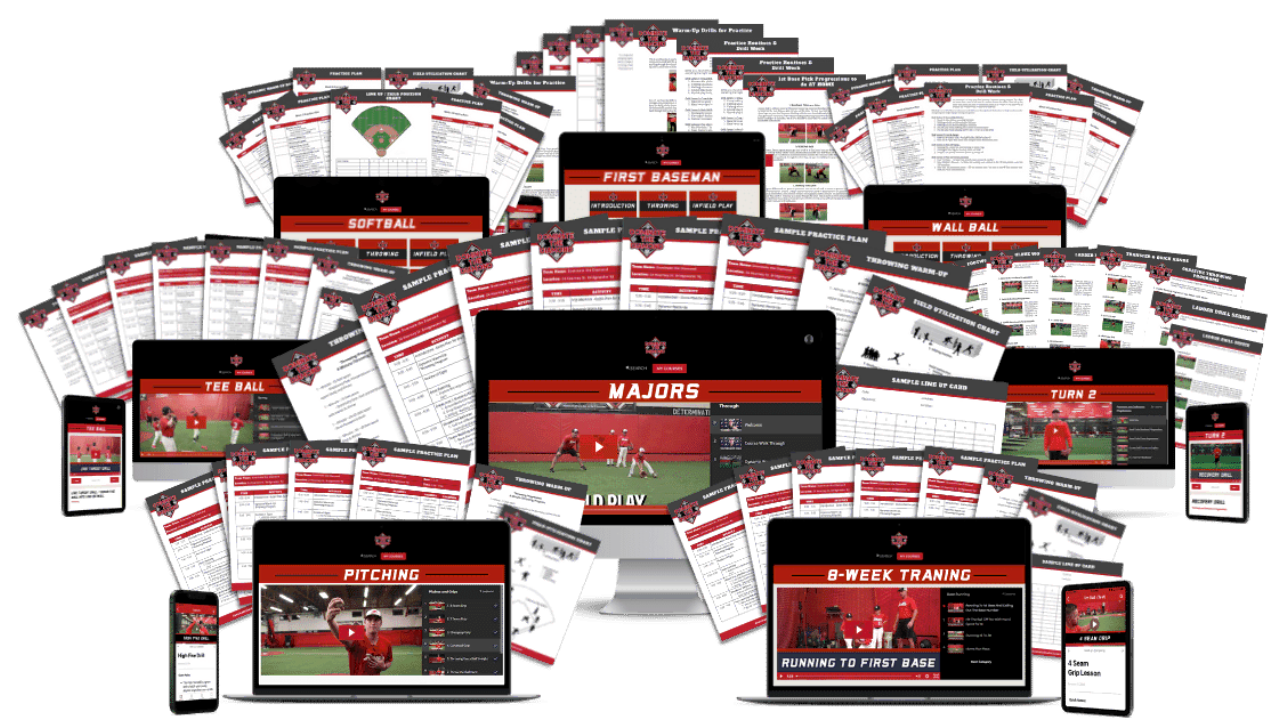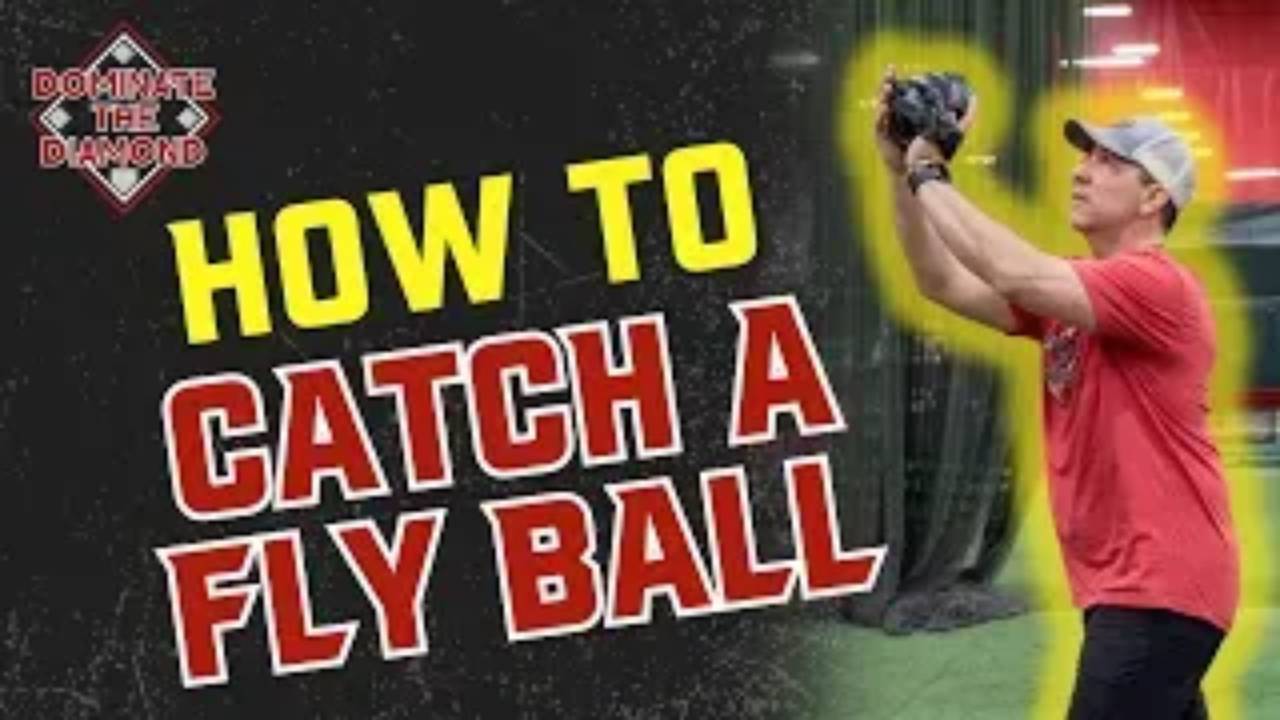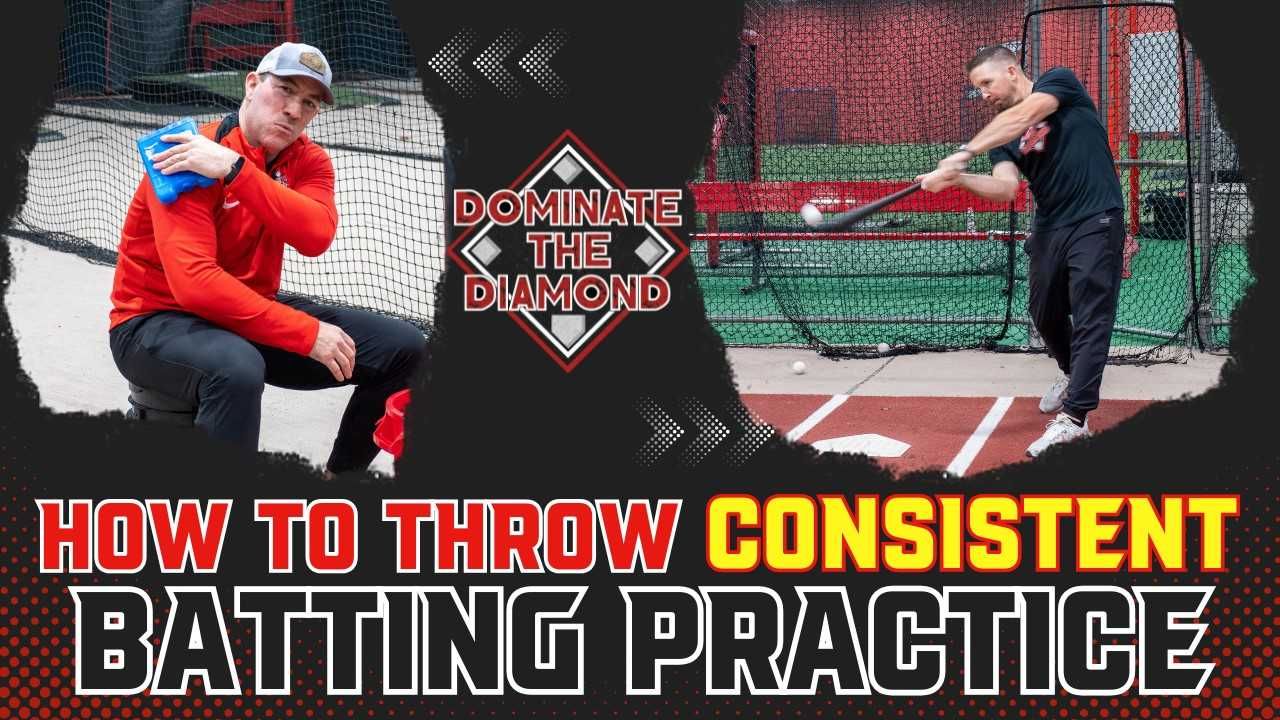Baseball parents, let's lead by example. Be a great spectator

Coaches need to talk to the parents about talking to umpires and heckling calls to respectfully handle the player's parents and manage relationships. Our coaches are a reflection of our teams, but the parents are an extension of our companies and communities as well. More importantly, so are the kids. The players' behaviors are often reflective of their parents or supporters. If a pitcher is throwing right on the edge of the strike zone and the umpire is calling balls, parents who begin to heckle only make the situation worse. First off, the player begins to get frustrated and it is visible in their body language: the hands being thrown in the hair, the head shaking. Secondly, the umpire is now only going to continue calling those pitches balls when he may have been more likely to call a couple strikes before.
The parents in this situation honestly believe they are helping the kids on the field and creating fun, but now the pitcher is on the mound, throwing good pitches, not getting calls and getting more and more frustrated. Having the tough conversations are necessary to make sure that the parents that think they are doing good realize that those behaviors are detrimental to the team. Even though it can be difficult, after listening to the rationale from the perspective of the umpire makes a lot of sense and most often parents will understand.
An example of this occurred in the UConn vs. Maryland game. The game was really close with UConn up by a little bit. The UConn pitcher was really good, but after a couple close pitches and calls, the audience could see his body language change. He began to throw up his hands and look at the ump as if he was questioning him. After this, the UConn coach went out and spoke to the ump which it was believed to be about how he was going to speak to the pitcher and take care of the emotions as opposed to question the ump on his calls. After this conversation, the umpire actually went out and spoke to the pitcher where he understood his frustration about how the pitches were close, but the way he was acting was uncalled for and inappropriate. The next pitch was a strikeout, and the ump did a great job of managing the situation.
From this, we understand that emotions can get the best of the players and even the parents at times, but ultimately reacting on these emotions do not get the response that you are looking for from the umpire.
👉 Get FREE access to ALL our online training material for 7-days
👉Get FREE access on How to Run the Perfect Baseball Practice








